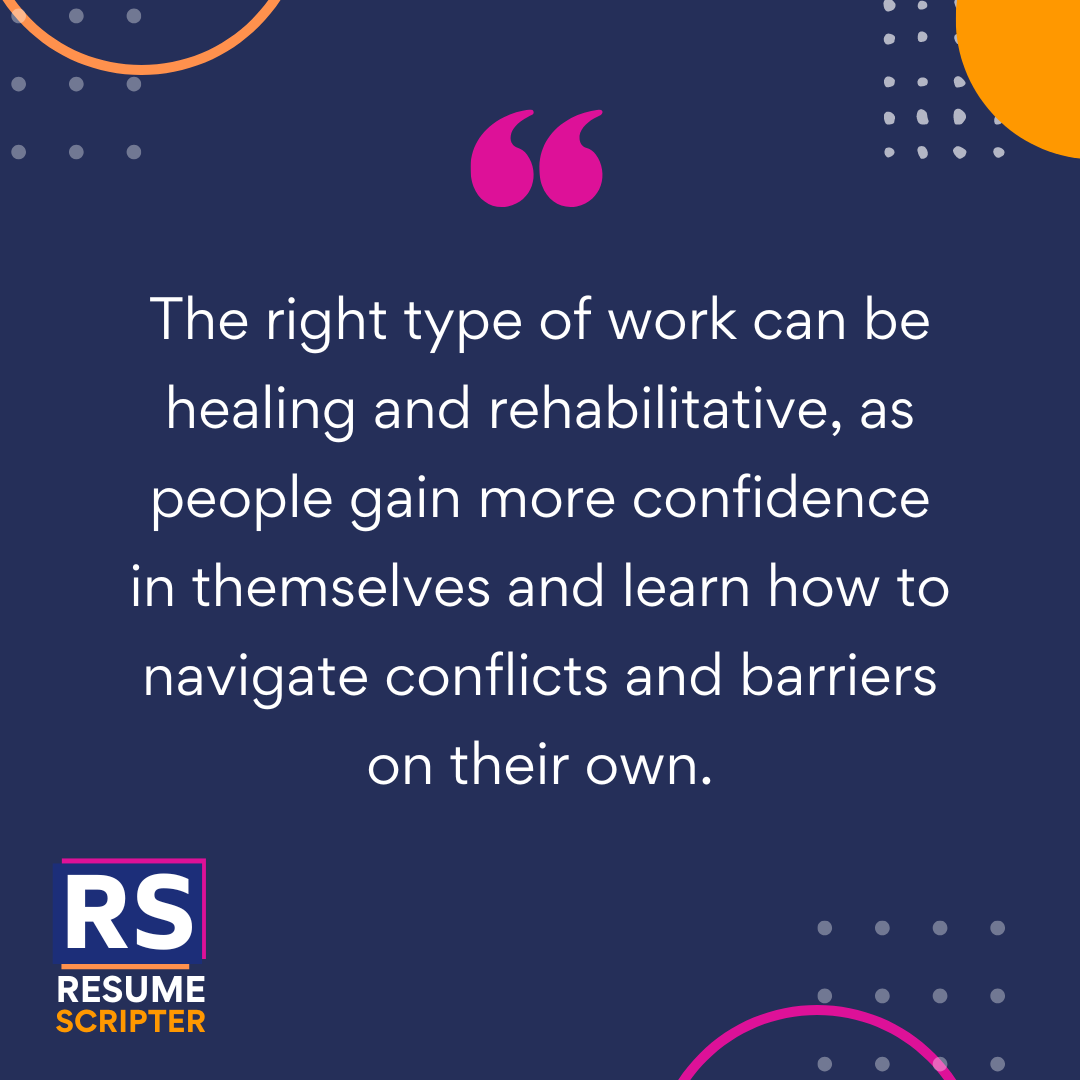3 Reasons People are Stuck in Low-Paying Roles (and how to address them)
Most organizations I work with serve people considered to be ‘low-income,’ meaning that they and their families live below the poverty line.
Forget for a moment that the ‘poverty line’ is an outdated figure that has not kept up with the cost of living. A more accurate picture of livable salaries can be found through the Self-Sufficiency Standard Calculator.
So why are so many people trapped in underpaying roles with little chance at self-sufficiency? In my work as a trainer and consultant with workforce agencies nationwide, here are three of the primary reasons I’ve seen:
1. Does the participant have employable skills?
Too often, the answer to this question is no. Perhaps because of a lack of education or experience, many people haven’t gained the right skills for higher-paying roles. And industry needs are changing fast. In the last year alone, tech-related job postings doubled in the state of Connecticut, spurring the launch of dozens of new credentialing and certification programs. Nationwide, many terrific organizations like KindWork, ClimbHire, and Opportunity@Work are helping to target this issue through quality, skills-based training in in-demand fields.
2. Are they motivated and engaged?
Let's suspend disbelief for a moment and assume that capitalism was designed to give everyone an equal shot. If a worker is unmotivated and disengaged, our current system places the blame on their shoulders and calls it laziness. Deeper, core issues are usually related to systemic racism, classism, mental health challenges, addiction struggles, chaotic home lives, unstable housing, and/or past trauma.
Should employment-related goals and support come after these initial barriers have been addressed? Some argue that productive work itself is rehabilitative, and that employment goals be aimed for in tandem with other supports. In my experience as a career counselor with people with severe mental illnesses, I absolutely saw steps towards economic independence as strengthening to the recovery process. But exploitative, low-paying jobs with inhumane working conditions don't count, and these often fall to the most vulnerable among us.

3. Is the job-seeker clearly showcasing their capabilities to employers?
In the thousands of resumes that I've seen come out of workforce organizations, the answer to this question is almost always no.
The reason for this is threefold:
(1) The economically-oppressed have often been socialized to think that their work didn't matter in the grand scheme of things.
(2) Most job-seekers were never taught how to properly market themselves on paper.
(3) Many job counselors have adopted the mindset that their clients don't need or deserve a 'fancy' resume.
I like to think that what we do at Resume Scripter is challenge all three of these. A quality resume is not just for formally-educated professionals. A life-altering resume communicates someone's transferable skills and capabilities - not just the basic tasks that they performed. In our work with job coaches, we teach them how to go deeper, to expand on the scope and outcome of their clients' experiences. Doing this is not only good for job placement outcomes; it's a skill that will change how job-seekers think about themselves, and it will improve their earning potential for the rest of their lives.
Need some inspiration of possible career paths for your participants? The new 2021-2031 employment projections were just released? Here’s a list of the 30 fastest-growing occupations. The full report can be found here.

September 27, 2022




Comments